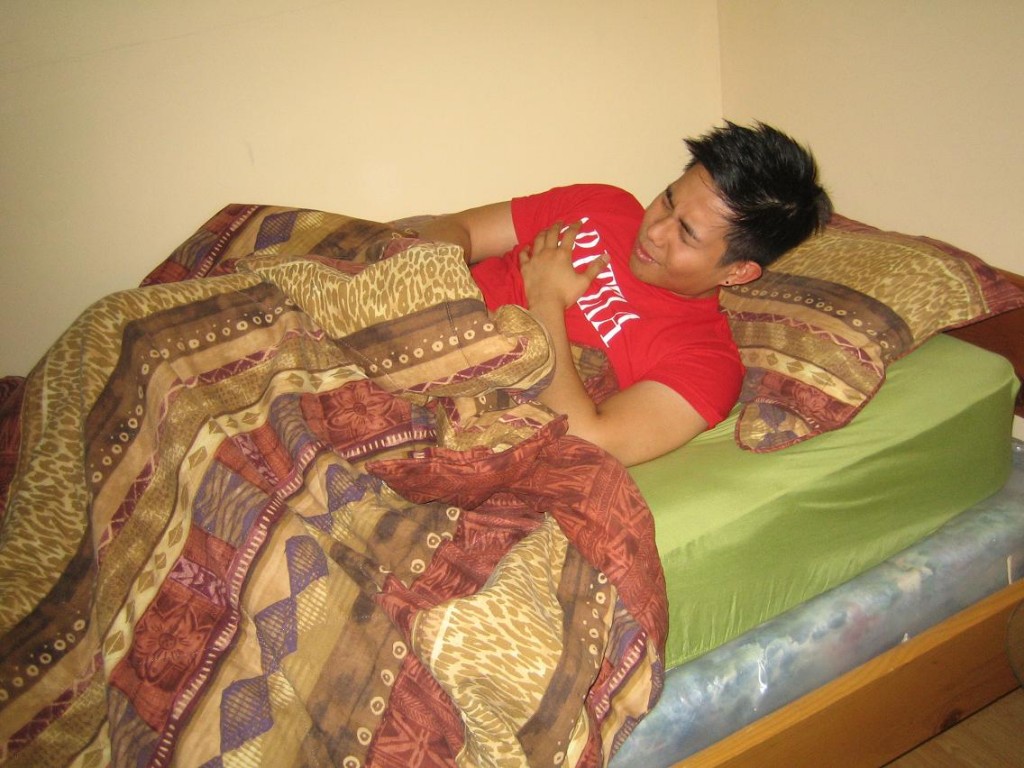Dizziness is a word that describes different feelings. Light-headedness is a feeling of fainting or “passing out”. It goes away or improves when lying down, and if it gets worse it can cause a feeling like almost fainting or a fainting spell known as syncope. Vertigo is a feeling that everything and the surroundings are moving when there is no movement going on. When a person has vertigo he/she feels like spinning, off balance, whirling, falling and tilting and for severe vertigo the person can feel nauseated or vomit, there is difficulty in standing or walking and the person can lose his/her balance.
Dizziness can happen in people of different ages, but it is more susceptible to older adults. Older people with fears of dizziness will cause them to limit their physical and social activities. Dizziness can also cause falls and injuries.
Occurrence of light-headedness are usually caused by some problems such as low blood pressure, orthostatic hypotension which is the slow flow of blood to the head that happens when getting up too quickly from a lying or sitting position. If you want to manage the condition properly, you can register for first aid training today.

Light-headedness can be caused by the following:
- Illnesses such as flu or cold and their symptoms will relieve light-headedness.
- Allergies
- Hyperventilation which is very deep or rapid breathing
- Anxiety and stress
- Vomiting, diarrhea and fever
- Other illnesses that leads to dehydration
- Using tobacco, alcohol or other illegal drugs
- Bleeding in the digestive tract
- Arrhythmia which is an abnormal heart rhythm which can cause fainting spells known as syncope
Causes of vertigo
- Migraine headaches which are painful and debilitating headaches that happens together with vertigo, vomiting, nausea and sensitivity to noise, light and smell.
- Some disorders of the inner ear like benign paroxysmal positional vertigo, Meniere’s disease and vestibular neuritis or labyrinthitis.
- Vertebrobasilar insufficiency which is a decrease in the blood flow going to the arteries that function in supplying blood to the base of the brain.
Treatment of dizziness: light-headedness and vertigo
- Lie down for about a minute or two since this will allow more blood flowing to the brain. Then sit up slowly and just remain sitting for about 1 to minutes and then start to stand up slowly.
- Resting can help prevent attacks of light-headedness.
- If feeling dizzy, avoid driving a motor vehicle, operating equipment or climbing a ladder.
- Do not use caffeine, tobacco, illegal drugs and alcohol and other substances that affect the circulation.
- When the person has illness that causes diarrhea, vomiting and fever, avoid getting dehydrated since it can cause or increase light-headedness. Drink plenty of fluids especially water.
- If the person has vertigo, avoid lying flat on the back, prop the body up slightly to minimize the spinning sensations.
- Move slowly to minimize the risk of falling
Prevention
If lying down in bed, get up slowly from the bed, sit on the edge of the bed for a few minutes before standing up, then sit up or stand up slowly in order to avoid sudden changes in the flow of blood going to the head that can make a person feel light-headedness.

